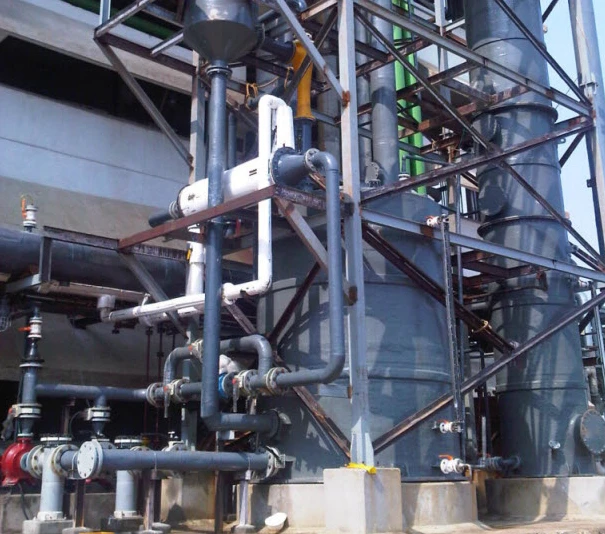English
- Afrikaans
- Albanian
- Amharic
- Arabic
- Armenian
- Azerbaijani
- Basque
- Belarusian
- Bengali
- Bosnian
- Bulgarian
- Catalan
- Cebuano
- Corsican
- Croatian
- Czech
- Danish
- Dutch
- English
- Esperanto
- Estonian
- Finnish
- French
- Frisian
- Galician
- Georgian
- German
- Greek
- Gujarati
- Haitian Creole
- hausa
- hawaiian
- Hebrew
- Hindi
- Miao
- Hungarian
- Icelandic
- igbo
- Indonesian
- irish
- Italian
- Japanese
- Javanese
- Kannada
- kazakh
- Khmer
- Rwandese
- Korean
- Kurdish
- Kyrgyz
- Lao
- Latin
- Latvian
- Lithuanian
- Luxembourgish
- Macedonian
- Malgashi
- Malay
- Malayalam
- Maltese
- Maori
- Marathi
- Mongolian
- Myanmar
- Nepali
- Norwegian
- Norwegian
- Occitan
- Pashto
- Persian
- Polish
- Portuguese
- Punjabi
- Romanian
- Russian
- Samoan
- Scottish Gaelic
- Serbian
- Sesotho
- Shona
- Sindhi
- Sinhala
- Slovak
- Slovenian
- Somali
- Spanish
- Sundanese
- Swahili
- Swedish
- Tagalog
- Tajik
- Tamil
- Tatar
- Telugu
- Thai
- Turkish
- Turkmen
- Ukrainian
- Urdu
- Uighur
- Uzbek
- Vietnamese
- Welsh
- Bantu
- Yiddish
- Yoruba
- Zulu
Telephone: +86 13120555503
Email: frank@cypump.com
Dec . 03, 2024 20:25 Back to list
toilet sewage pump
Understanding the Role of Toilet Sewage Pumps in Modern Plumbing
In the intricate web of modern plumbing systems, toilet sewage pumps play a critical yet often overlooked role. These specialized devices are essential for the effective management of wastewater in both residential and commercial settings. Understanding how these pumps function and their importance can help homeowners maintain their plumbing systems better and make informed decisions during renovations or installations.
What is a Toilet Sewage Pump?
A toilet sewage pump, also commonly referred to as a macerating toilet system, is designed to handle the movement of wastewater, including solids, from toilets to the sewer line. Unlike traditional gravity-based systems that rely on the natural slope of pipes to transport waste, sewage pumps actively propel waste materials, making them particularly valuable in certain situations.
Typically, these pumps are used in areas where a standard plumbing setup isn't viable. For instance, in basements or in locations below the main sewer line, gravity alone may not suffice to move waste to the main sewer system. In such cases, a toilet sewage pump ensures that wastewater is efficiently lifted to the required height before it is discharged, minimizing the risk of backups and flooding.
How Do Toilet Sewage Pumps Work?
Toilet sewage pumps work by utilizing a combination of maceration and pumping mechanisms. When waste is flushed, it enters the pump unit, which contains sharp blades that shred solid waste into a slurry-like consistency. This process, known as maceration, allows solids to be mixed with liquids, making it easier for the pump to transport the waste through the plumbing system.
Once the waste is sufficiently broken down, the pump activates, moving the slurry through pipes toward the sewer line. The pump is equipped with a float switch that detects the water level; as the water rises up to a certain point, the pump engages automatically, ensuring efficient operation without constant manual intervention.
toilet sewage pump

Key Advantages of Using Toilet Sewage Pumps
One of the primary advantages of toilet sewage pumps is their versatility. They can be installed in a variety of locations, allowing for the inclusion of bathrooms in spaces where traditional plumbing would be challenging. Moreover, many modern sewage pumps are designed to operate quietly and efficiently, minimizing disruptions in daily life.
Another significant benefit is their ability to effectively handle waste, including toilet paper and other solids, without the risk of clogs that can occur in conventional systems. Many pumps come with advanced features, such as alarms that alert homeowners to potential issues, ensuring that any problems can be addressed promptly.
Maintenance and Considerations
While toilet sewage pumps are incredibly effective, regular maintenance is essential to prolong their lifespan and ensure optimal performance. Homeowners should routinely inspect the pump for signs of wear or blockages. Keeping the area around the pump clear and being mindful of what is flushed down the toilet can prevent many common issues.
Occasional servicing by a professional plumber can help identify any hidden problems and ensure that the pump is functioning as intended. Additionally, understanding the specific operational capacity of the pump is important. Each unit has a limit on the volume and type of waste it can handle, exceeding these specifications can lead to breakdowns or inefficiencies.
Conclusion
Toilet sewage pumps are unsung heroes in contemporary plumbing systems, ensuring that wastewater is efficiently and safely moved from living spaces to sewer systems. Their ability to function in challenging environments makes them essential in modern construction and renovations. By understanding their function and the importance of regular maintenance, homeowners can keep their plumbing systems running smoothly, avoiding unnecessary repairs and complications. As urban spaces become more complex and housing needs increase, the role of sewage pumps will only grow, making knowledge about these systems ever more relevant.
-
Reliable Non-Clog Sewage Pumps with GPT-4-Turbo Tech
NewsAug.04,2025
-
High-Performance Air Pumps for Sand & Gravel | Efficient Transport
NewsAug.03,2025
-
ISG Series Vertical Pipeline Pump - Chi Yuan Pumps Co., LTD.|Energy Efficiency, Corrosion Resistance
NewsAug.03,2025
-
ISG Series Pipeline Pump - Chi Yuan Pumps | Energy Efficiency&Compact Design
NewsAug.03,2025
-
ISG Series Vertical Pipeline Pump - Chi Yuan Pumps Co., LTD.|High Efficiency, Low Noise, Durable
NewsAug.02,2025
-
ISG Series Vertical Pipeline Pump - Chi Yuan Pumps | High Efficiency, Low Noise
NewsAug.02,2025










